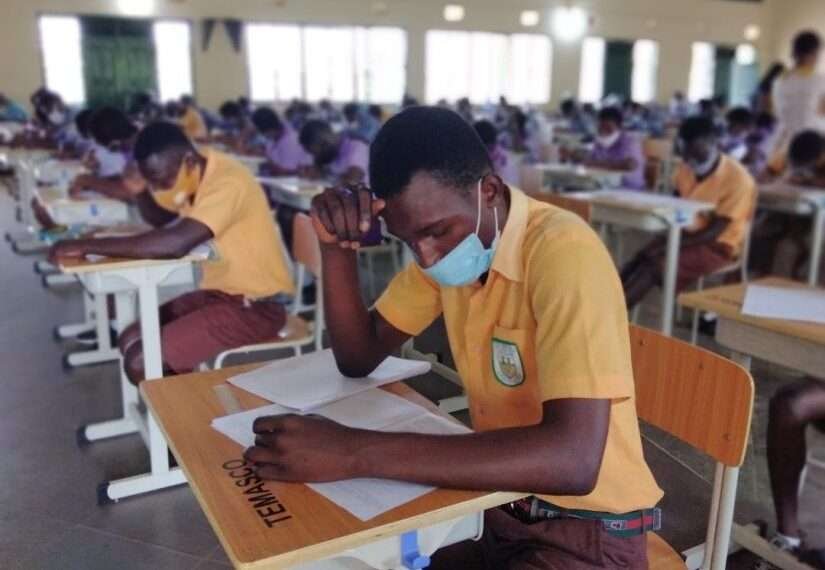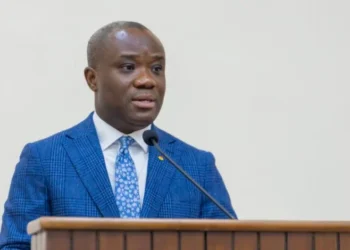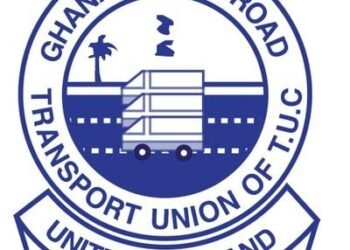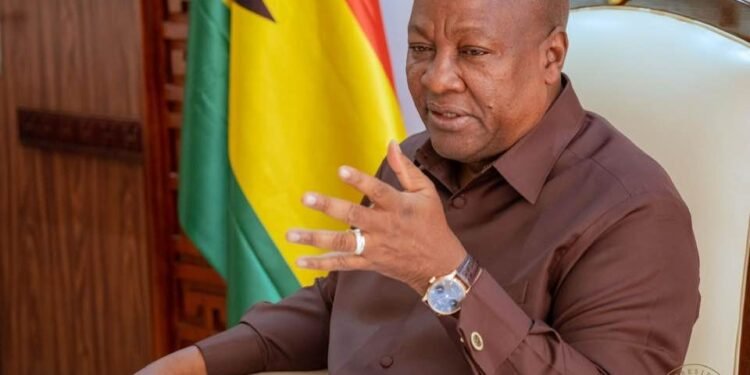General Secretary for Ghana Association of Private Schools (GNAPS), Justice King Essie, has revealed that the Ghana Education Service (GES), can no longer be the body in charge of school placement in the country.
Mr Essie indicated that this is to enable and ensure fairness in the placement of students from private schools entering second cycle institutions. He explained that the GES has seemingly dedicated itself to ensuring the placement of students from public schools to the detriment of its counterparts from the private institutions.
“We are saying that Ghana Education Service can no long become the body [that] will be in charge of the placement because they will be unfair. So, we should shift that responsibility from that outfit because this time, they are being biased towards a section of our Ghanaian populace. So, we should shift that role from them to another body”.
Justice King Essie
Expounding the Association’s call for a neutral body to handle placements, Mr Essie noted that there’s an inspector of schools under which the public and private schools operate. With this, he noted that when it comes to running schools, GES is in charge of the public schools whiles the private institutions “run their schools” as well. Nonetheless, the General Secretary of GNAPS explained that they both come under a “common inspector”.
Mr Essie believes that the appropriate body to handle the placement process is the National Schools Inspectorate Authority (NaSIA). He emphasized that when such task is entrusted to NASIA, both private and public schools will fairly be represented. Alternatively, he suggested that a new body can be set up where “we can be represented and be sure that we are treating every Ghanaian child fairly”.
“So, NASIA covers both public and private. At this point, because they are not running schools they can become a better referee and not Ghana Education Service”.
Justice King Essie
School placement system
Mr Essie disclosed that prior to the current situation, the placement system which has been in operation for ten years, saw the Ghana Education Service as the “sole implementers of the ministry’s policy”. By implication, he explained that GES was in charge of both public and private schools although the situation is no longer the same. This time round, Mr Essie iterated that GES is handling only public schools, while private schools are supposed to be “fending” for themselves.
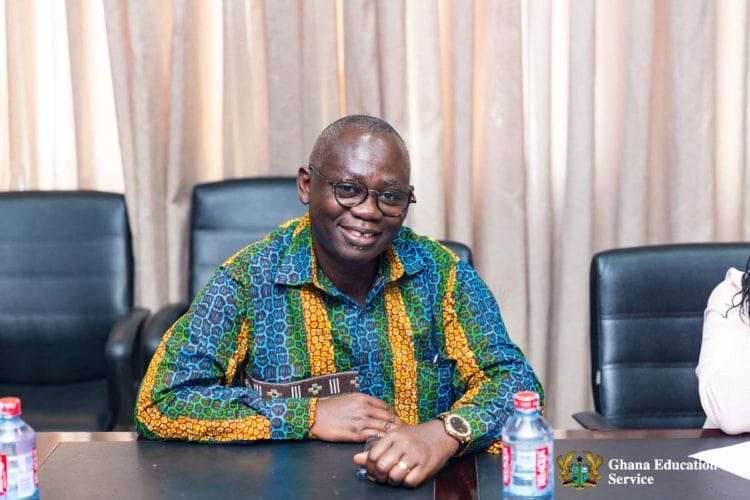
In his defence to ensure fairness in the school placement system, Mr Essie kicked against the announcement by the Director-General for the Ghana Education Service (GES), Professor Kwasi Opoku-Amankwa, which revealed that students who attend government schools have a greater advantage in computer placement than those in private schools. He noted that he intends to bring to the attention of stakeholders that the statement which indicates that candidates who attend public schools have a reserved spot of 30%, especially for those who choose any of the category A schools, is “unfair”.
Additionally, Mr Essie explained that the idea also behind “getting the 20% from the local people” which is alloted to chiefs in the community to ensure that children in deprived communities who couldn’t get the opportunity of making the grades that are needed to gain entrance into second cycle institutions be relooked at. He indicated that the move must serve deprived schools in both public and private institutions.
“If you are just trying to favour only public school students, what actually happens is this; you are trying to indirectly say that if children want better opportunities, they should start leaving private schools to public JHS schools to get that same opportunity they would have had in their schools. I think it’s unfair, the constitution does not allow for us to dispute against them”.
Justice King Essie
READ ALSO: Involve Us in Decision Making: The Theories are too much- Fishers to Fisheries Ministry



